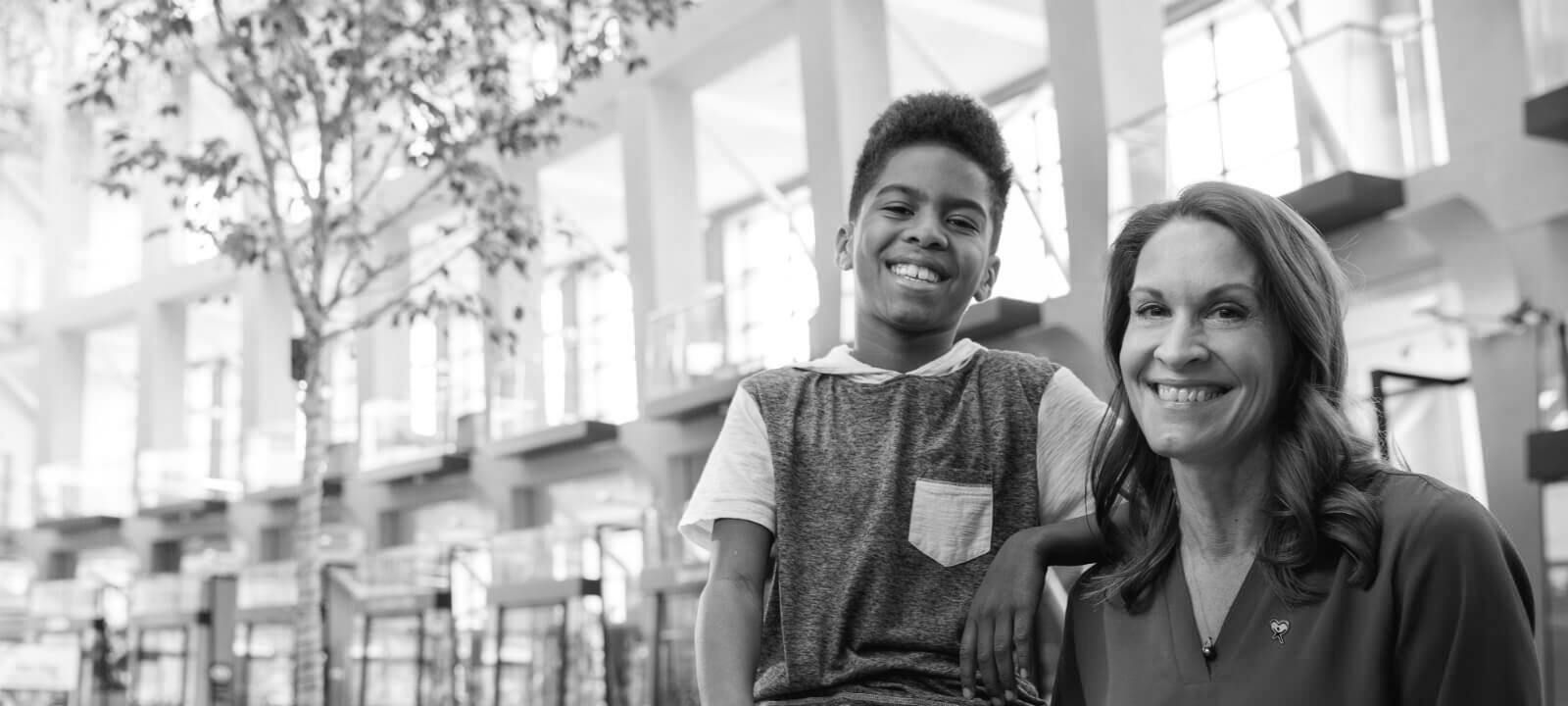This section is a compilation of answers to the questions most commonly asked by our constituents. Just start by following one of the links below. If you can’t find the question you wanted to ask, don’t hesitate to contact us.
- Can anyone volunteer to be a CASA?
- What training does a CASA volunteer receive?
- What is the CASA volunteer's role?
- How does a CASA volunteer investigate a case?
- How does a CASA volunteer differ from a social service caseworker?
- How does the CASA volunteer relate to the child he or she represents?
- Is there a "typical" CASA volunteer?
- How much time does it require?
- How long does a CASA volunteer remain with a case?
- How effective have CASA programs been?
- What is the first step to becoming a CASA volunteer?
-
Can anyone volunteer to be a CASA?
CASA volunteers are ordinary citizens. No special or legal background is required. Volunteers are screened closely for objectivity, competence and commitment. Anyone over 21 may apply to become a CASA volunteer. A CASA needs sound decision-making skills and the ability to remain objective and non-judgmental. While no special educational background is required, a volunteer must have above average perceptiveness, common sense and maturity to deal with complex and emotional situations.
-
What training does a CASA volunteer receive?
CASA's are required to complete a 30 hour training course prior to their court service. Training is generally held in the evenings from 5:30 - 8:30 p.m. once or twice a week at the CASA Office. Volunteers learn about courtroom procedure, early childhood development, recognizing signs of abuse and neglect, interviewing, report writing, and advocacy. In-service trainings provide additional information on a variety of topics such as child sexual abuse, advocating for children with disabilities and new legislation affecting children.
For specific information on training or to obtain a copy of the training schedule please contact (775) 882-6776 or email Executive Director, Melanie McCormick at MelanieMcCormickCASA@outlook.com
-
What is the CASA volunteer's role?
A CASA volunteer provides a judge with carefully researched background of the child to help the court make a sound decision about that child's future keeping in mind each case is as unique as the child involved.
-
How does a CASA volunteer investigate a case?
To prepare a recommendation, the CASA volunteer talks with the child, parents, family members, social workers, school officials, health providers and others who are knowledgeable about the child's history. The CASA volunteer also reviews all records pertaining to the child -- school, medical and case worker reports; and other documents.
-
How does a CASA volunteer differ from a social service caseworker?
Social workers are generally employed by the county or state. They sometimes work on as many as 30 cases at a time. The CASA volunteer has more time and a smaller caseload (an average of 1-2 cases at a time.) The CASA volunteer does not replace a social worker on a case; he or she is an independent appointee of the court. The CASA volunteer can thoroughly examine a child's case, has knowledge of community resources and can make an independent recommendation to the court.
-
How does the CASA volunteer relate to the child he or she represents?
CASA volunteers offer children trust and advocacy during complex legal proceedings. They explain to the child the events that are happening and the roles the judge, lawyers and social workers play. CASA volunteers also encourage the child to express his own opinion and hopes, while remaining objective observers.
-
Is there a "typical" CASA volunteer?
CASA volunteers come from all walks of life. There are more than 52,000 volunteers nationally in 900 programs. Locally, the number of CASA's total in Carson City is 45 volunteers. Aside from their CASA volunteer responsibility, 70% are employed in regular full-time jobs; the majority tend to be professionals. 85% of the volunteers locally are women; 15% are men.
-
How much time does it require?
Each case is different. A CASA volunteer usually spends about 10 hours doing research and conducting interviews prior to the first court appearance. More complicated cases take longer. Once familiar with the system, volunteers work about 10-15 hours a month.
-
How long does a CASA volunteer remain with a case?
The volunteer continues until the case is permanently resolved. One of the primary benefits of the CASA program is that the CASA volunteer is a consistent figure in the proceedings and provides continuity for the child.
-
How effective have CASA programs been?
Research suggests that children who have been assigned CASA volunteers tend to spend less time within the foster care system than those who do not have CASA representation. CASA children are also more likely to receive much needed services, including therapy, healthcare and education. Judges have observed that CASA's take the time to dig for the facts necessary to assist the Court in making the right decision. Not as easily measured is the simple presence in a child's life of a caring adult whose sole focus in the child's interest.
-
What is the first step to becoming a CASA volunteer?
Please call: (775) 882-6776 or reach out directly to Executive Director, Melanie McCormick at:
MelanieMcCormickCASA@outlook.com


